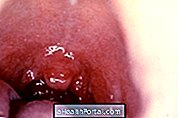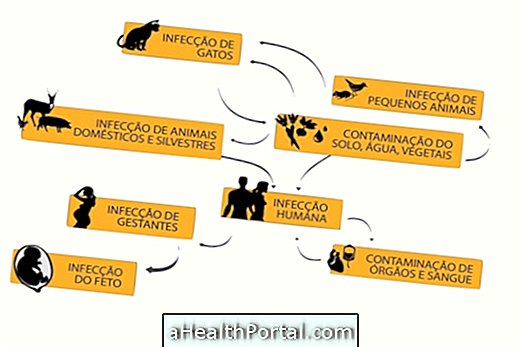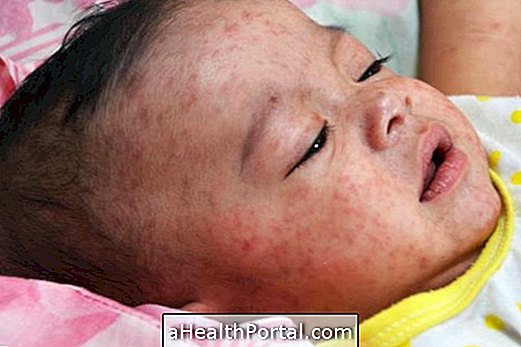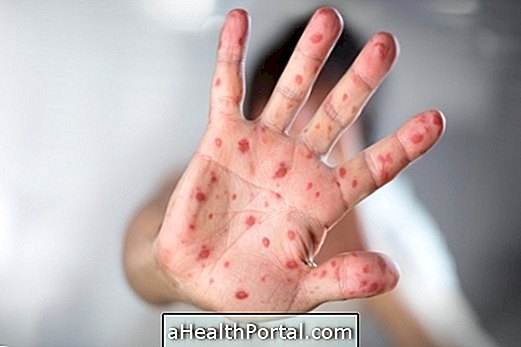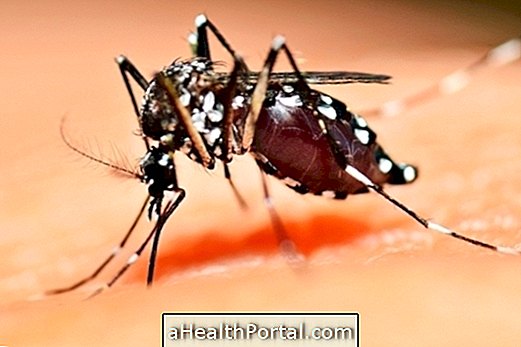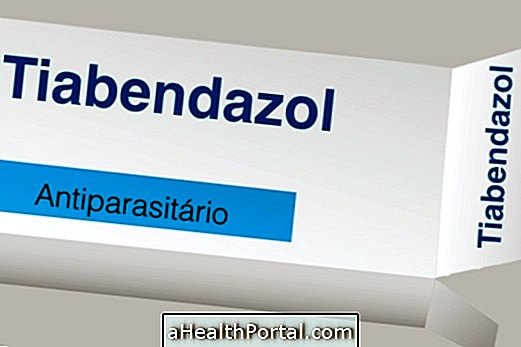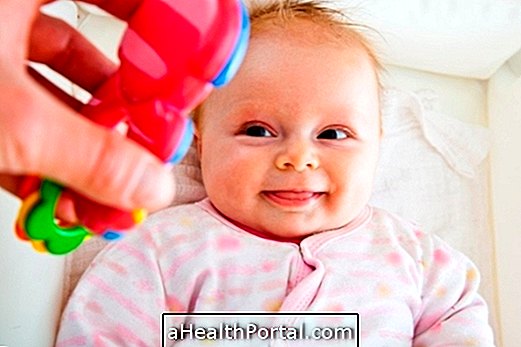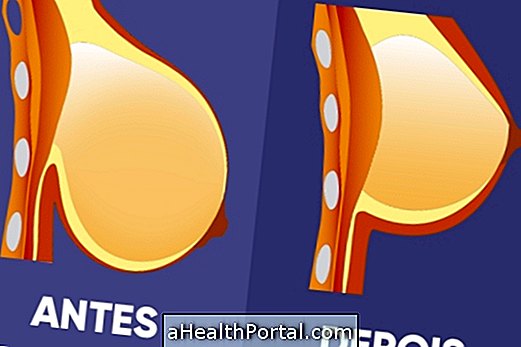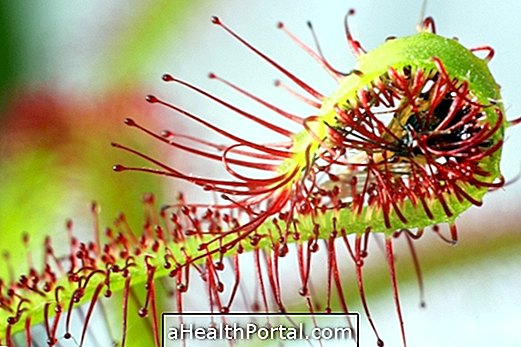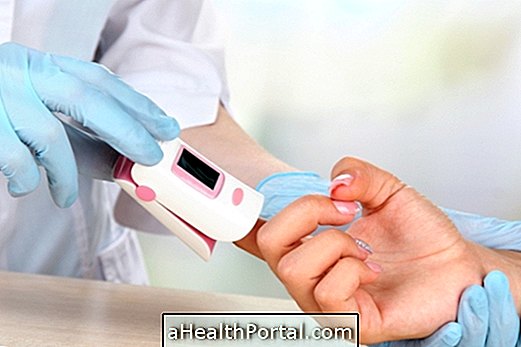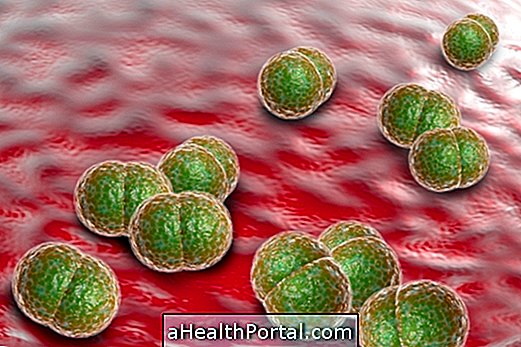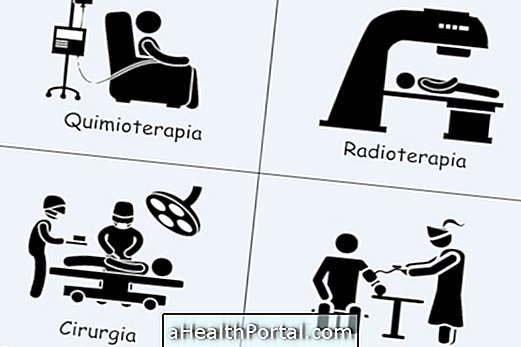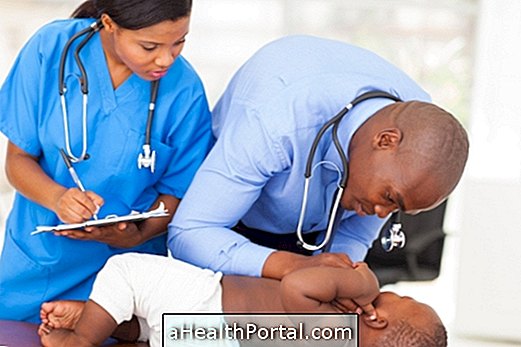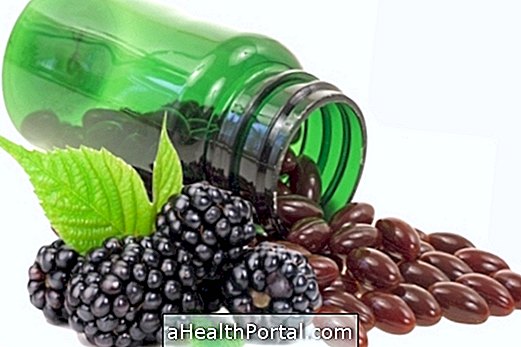To prevent contamination of KPC superbug, which is a microorganism that has the ability to survive most antibiotics, it is essential to wash hands well several times a day, as well as to use antibiotics only for the indication of the doctor, because the excessive use of these drugs the strongest and most resistant bacteria.
The KPC superbug, which can lead to death, is transmitted mainly by the hands, however it can also be by contact with secretions of infected patients, such as saliva, or by the use of a common object and causes symptoms such as fever above 39º and infections, such as pneumonia or meningitis, for example. Learn more about the symptoms and treatment of this superbug.



How to protect yourself from KPC superbug
To protect yourself from the KPC superbug, it is important to:
1. Wash hands thoroughly for 1 minute
The main way to prevent contamination is to wash your hands with soap and water for 40 seconds to 1 minute, rubbing your hands together and washing well between your fingers. Then dry them with a disposable towel and disinfect them with alcohol gel.
Know the steps to properly wash your hands in the following video:

As the superbug is very sturdy, in addition to washing the hands after going in the bathroom and before meals, the hands should be washed:
- After sneezing, coughing or touching the nose;
- Go to the hospital;
- Touch someone hospitalized for being infected by the bacteria;
- If you touch objects or surfaces where the infected patient has been;
- Use public transportation or go to the mall and have touched on banisters, buttons or doors, for example.
If it is not possible to wash hands, which can happen on public transport, they should be disinfected with alcohol as soon as possible to avoid the transmission of the microorganism.
2. Only use antibiotics as directed by your doctor.
Another way to avoid superbugs that are resistant to antibiotics is to use antibacterial drugs only on the advice of a doctor and never by choice, because excessive use of antibiotics makes bacteria stronger and, in severe situations, may not work.
3. Do not share personal objects
To prevent infection you should not share personal items such as toothbrushes, cutlery, glasses or bottles of water, because the bacteria is also transmitted by contact with secretions such as saliva.
4. Avoid going to the hospital
To avoid contamination, you should only go to the hospital, emergency room or pharmacy if there is no other solution, but keep all safety measures to prevent transmission, such as washing hands and wearing gloves, for example. A good solution is before going to the hospital call Health Dike, 136, for information on what to do.
The hospital and emergency room, for example, are places where there is a greater chance that KPC is present, since it is frequented by patients who are carriers of the KPC and may be infected.
If you are a health professional or family member of a patient who is infected with the bacteria, you should put on a mask, put on gloves and wear an apron, and wear long sleeves as this is the only way to prevent bacteria.
5. Avoid public places
To reduce the risk of transmission of the bacteria should avoid public places such as public transportation and shopping malls, as they are frequented by many people and there is a greater chance of being infected.
In addition, you should not touch your hand directly on public surfaces, such as handrails, countertops, elevator buttons or door handles, and if you do, you should immediately wash your hands with soap and water or disinfect your hands with alcohol in gel.
The bacteria generally affect people with poor health, such as those who have had surgery, catheter and catheters, patients with chronic diseases, organ transplants or cancer, those who have the weakest immune system and the risk of Death is higher, however, any individual can be infected.
